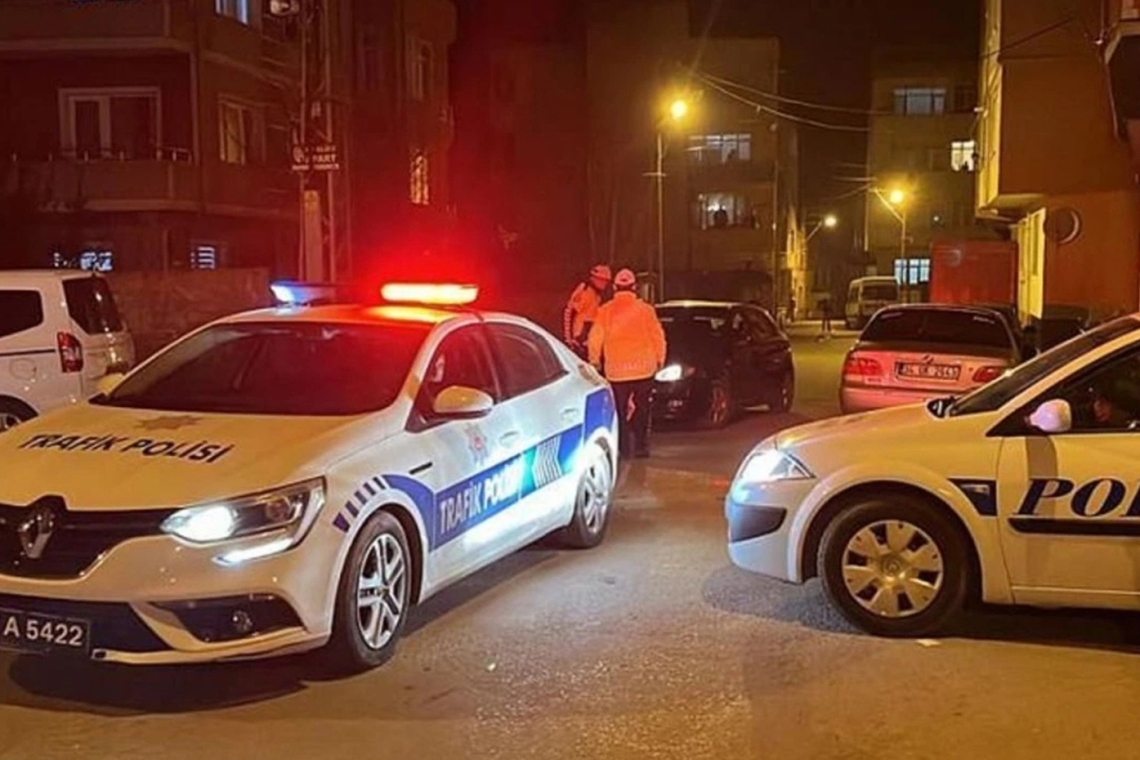Turkish journalist Batuhan Özusta was sentenced to 10 months in prison for "illegally recording personal data" after filming a drunk driver who threatened him during a news report. The Sinop 1st Criminal Court of First Instance ruled that Özusta, who lacked a government-issued press card, was not a journalist and thus had no legal grounds to record the incident. The sentence was suspended, but the decision has drawn criticism for its implications on press freedom and the role of non-credentialed journalists.
Incident and charges
On Nov. 30, 2023, Özusta, the managing editor of AjansSinop.com, went to report on a drunk driver who had attempted to evade police. During the incident, the driver, identified as E.T., threatened and insulted Özusta, prompting him to record the exchange on his phone as evidence.
Özusta later filed a complaint against the driver, submitting the footage as proof. While the parties reconciled in the resulting mediation process, prosecutors launched a separate investigation into Özusta for allegedly violating the driver’s privacy by filming without consent.
Court’s reasoning
The court found Özusta guilty, asserting that recording the driver’s image did not serve public interest and was not protected under press freedoms. The ruling argued that reporting on a traffic violation did not warrant the collection of personal data, particularly when carried out by someone without an official press card.
Defense and appeal
Represented by the Media and Law Studies Association (MLSA), Özusta’s legal team argued that the footage was captured for legitimate journalistic purposes and to document the threats made against him. The appeal, filed with the Samsun Regional Court of Justice, highlighted that since October 2022, online news outlets like AjansSinop.com have been covered under Turkey’s Press Law, and Özusta was a legally employed journalist.
The appeal also referenced constitutional protections for freedom of the press and a 2016 Constitutional Court ruling affirming that journalism is not contingent on holding a press card. The MLSA argued that the court's interpretation infringes on editorial independence and the public's right to know.
Public interest and press freedom
In response to the verdict, Özusta emphasized that drunk driving is a public safety issue and inherently newsworthy. "This decision suggests that reporting on public safety incidents does not serve the public interest, undermining journalism's role in holding power accountable and informing society," he said.
He criticized the implication that only credentialed journalists can report on matters of public interest, calling the ruling a veiled attempt to suppress independent journalism. "Press cards are tools for professional convenience, not a prerequisite for practicing journalism," Özusta stated.
Broader implications
Özusta’s case reflects ongoing challenges for independent journalists in Turkey, particularly those without press credentials from the Presidency's Directorate of Communications. The MLSA has framed the decision as an attack on freedom of expression and journalistic autonomy, stressing the need for broader recognition of digital and independent media in a democratic society.
Despite the sentence, Özusta affirmed his commitment to journalism. "This ruling has only strengthened my resolve. Reporting in the public interest remains essential to democracy, and I will continue my work undeterred," he said.



